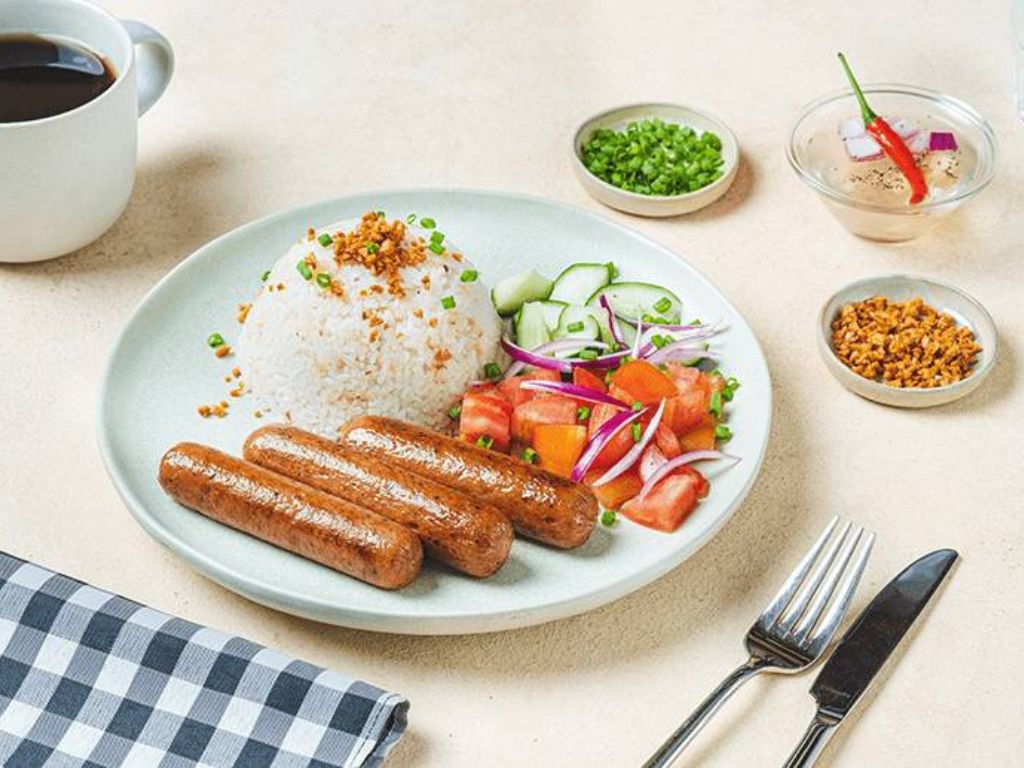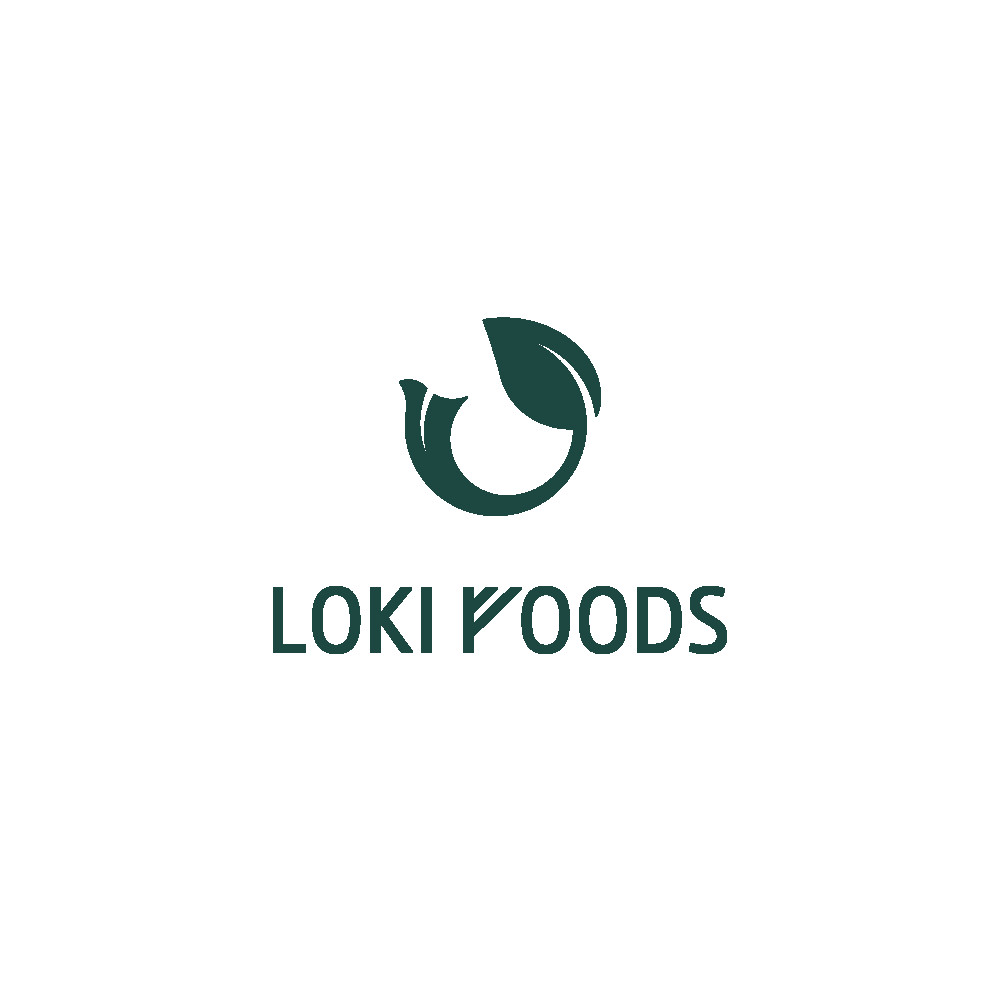UMANI IS LATEST ADDITION TO THE GROWING LIST OF PLANT-BASED SEAFOODS
A plant-based tuna has been launched as part of a new range of foods, called Umani, from a Philippine manufacturer, WTH Foods
The name of the new range, which is inspired by Filipino culture, combines a Japanese word for delicious, umami, and a Filipino word, ani, that means harvest.
As well as the tuna, the new Umani range includes sausages, meatballs, mince, a holiday ham roast, burgers, sisig and tapa.

In comments reported by specialist media, Carissa Lim, WTH Foods’ co-founder and chief operating officer, said the company wanted to create new food experiences.
“We hope to raise awareness on nutrition, sustainability and food security, and find new ways to satisfy the population’s dietary protein requirements,” she said.
Ms Lim said the company used microalgae in the production of its plant-based products in the Umani range.
“Our R&D will develop our microalgae solutions for biomass supply, extraction of value ingredients, and development and isolation of our own strain,” she said.
According to reports, WTH has an ambitious expansion plan, looking to achieve sales in markets such as Europe, North America and the Middle East, as well as those closer to home.

SIAL Paris Newsroom has reported extensively on growth in the availability of plant-based seafoods.
Among the new products is a plant-based alternative to whitefish unveiled by Loki Foods, a company based in Reykjavik, the capital of Iceland.
A key aim of manufacturers has been to create plant-based seafoods that are difficult to distinguish from standard seafood.
Late last year Revo Foods, which is based in Austria, suggested that its new plant-based seafoods could be the most realistic products of their kind produced until now.
Join us at SIAL Paris as exhibitor Join us at SIAL Paris as visitor
